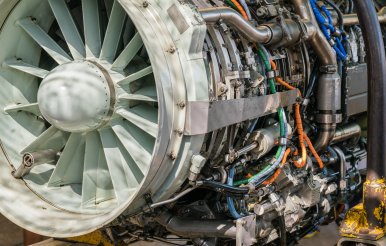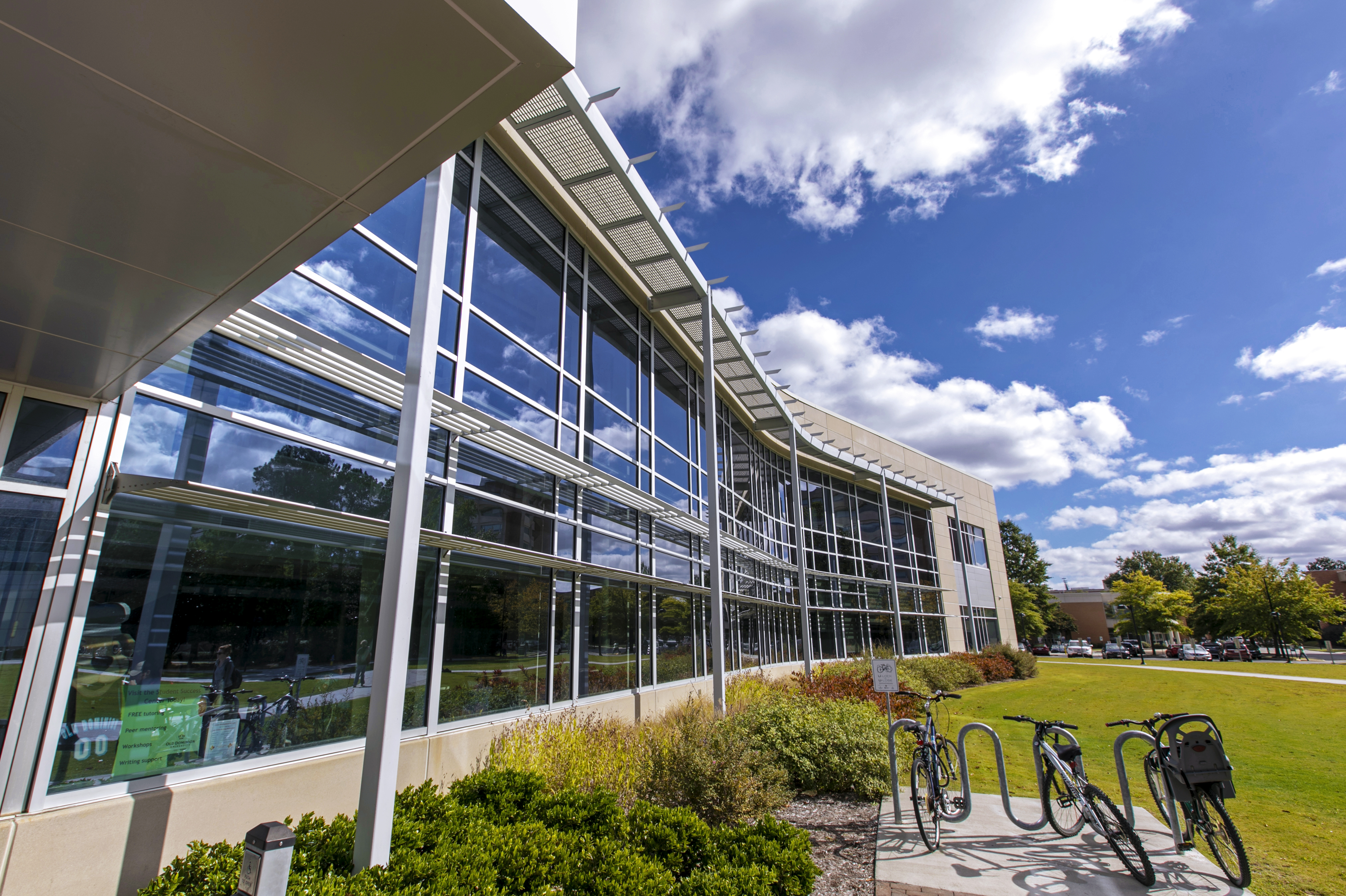Masters Programs

Build a future working with aircraft, spacecraft, rockets, unpiloted aerial and space robotic platforms, and more. In this program, you'll have opportunities for advanced education and creative research. These are essential skills for careers in teaching, research, or design. Through your study, you'll also find opportunities to contribute to the body of knowledge in the field.

Both the Master of Science and Master of Engineering degrees are designed for students who would like to advance their knowledge and expertise in biomedical engineering. These programs are intended to broaden students' knowledge of the field in preparation for the biomedical technology industry or a PhD program.

In this rapidly changing and increasingly competitive technological world, graduate degrees are highly desirable and most often master’s degrees are required to hold higher-level professional civil engineering positions in the industry, and in federal, state and municipal government agencies.

The degree is intended for students who want to get broader knowledge in ECE. The MS degree students have three study options: 1) course only: take ten courses beyond their BS degree and pass a Master Comprehensive Exam, 2) project: take nine courses beyond the BS degree and do a master project with an ECE faculty mentor, and 3) thesis: take eight courses beyond the BS degree and do a master thesis with an ECE faculty advisor.

The Master of Engineering Management provides a foundation and the necessary skills, knowledge, and abilities required to design and manage the technology-based, project-driven enterprise. Fundamentally, the Engineering Management program focuses on problems, design, and management of projects and complex operations.

This program provides the foundation and the necessary skills, knowledge, and abilities required to design and manage the technology-based, project-driven enterprise. The program requires thesis research, and the student is expected to identify an advisor and work with him/her starting from the first semester.

In this rapidly changing and increasingly competitive technological world, graduate degrees are highly desirable and most often master’s degrees are required to hold higher-level professional environmental engineering positions in the industry, and in federal, state and municipal government agencies.

The Mechanical Engineering program carries a particular emphasis in PLM solutions for the collaborative data environment. Product Lifecycle Management (PLM) is an integrated, information-driven approach to all aspects of a product’s life from design inception to manufacture, deployment, maintenance, and disposal at the end of its useful life.

Further your background in modeling and simulation with a master of science degree. Our program prepares students for careers as simulation professionals in government and industry, teachers of modeling and simulation at the high school or junior college level, and for advanced graduate study in modeling and simulation or other related disciplines.

This program provides an interdisciplinary approach to support the realization, deployment, and maintenance of successful system solutions to complex problems. ODU’s Systems Engineering Master's program builds upon your technical background as an engineer. It is designed to provide in-depth, real-world practitioner expertise in engineering complex system solutions.
Doctoral Programs

The Doctor of Philosophy programs in Aerospace Engineering are advanced research degrees requiring a written dissertation offering new and unique contributions of a fundamental nature. Graduates are prepared for leadership roles in the many facets of engineering including teaching, research and development, design, and consulting.

The Biomedical Engineering PhD Program emphasizes the highest quality engineering education, scholarly research at the forefront of biomedical engineering, and service to the biomedical engineering profession. Completion of a minimum of 48 hours of graduate credits to include: a minimum of 24 credits of course work beyond the master’s degree and a minimum of 24 credits of dissertation research.

The PhD degree is awarded to students who have satisfactorily completed all of the requirements of a doctoral degree program in the Department of Civil and Environmental Engineering. The doctoral program involves taking coursework as well as conducting research of significant importance. The PhD degree program focus areas include Biofuels, Coastal Engineering, Environmental Engineering, Geotechnical Engineering, Structural Engineering, Transportation Engineering, and Water Resources Engineering.

The College offers an interdisciplinary Doctor of Engineering (D.Eng.) program to provide the Commonwealth and the nation with exceptionally educated engineering practitioners. These individuals will have developed the highest possible capability to provide innovative solutions in specialized engineering endeavors. The graduates of the program will meet the highest standards for advanced level engineering and leadership positions in industry and government.

The PhD degree is awarded to candidates who have displayed an in-depth understanding of the subject matter and demonstrated the ability to make an original contribution to knowledge in their chosen field of specialty. For the PhD degree students must take eight courses beyond their Master degree, five of which must be at the doctoral 800 level.

This program is designed to develop world-class professional systems engineers and engineering managers. This is achieved by combining the highest-level education and practical business experience. We do this by integrating EMSE departmental capabilities with the relevant problems and environment of a sponsoring company. This ensures that each student advances theoretical knowledge in a practical context.

The Doctor of Philosophy (Ph.D.) focuses on developing the necessary skills to perform and evaluate rigorous research. Graduates are prepared for careers in teaching and research at academic institutions as well as in other public and private organizations characterized by innovation and technological leadership. The program blends highly theoretical with more applied or pragmatic research.

Further your background and expertise with a doctor of engineering degree in modeling and simulation. The D. Eng. in Modeling and Simulation program focuses on developing the advanced knowledge and skills to enable the graduate to conduct and lead advanced technical projects in an engineering environment.

Further your background and expertise with a PhD in modeling and simulation. This is a rigorous research program designed to train individuals for careers in teaching and research in the public or private sector. Students will have the opportunity to work with our faculty on research projects and gain experience solving real world problems.
Contact


